Announcements
Bookmark this page as your main entry point to the course website. That way, you’ll be sure to see any changes and other information I’ve posted here.
Ultimate Deadline for Late Papers and Resubmissions
18 December 2022
As previously announced in class, the absolute deadline for all late papers and reversible deduction resubmissions is Monday, December 26. No papers or resubmissions will be accepted after that date unless an incomplete has been mutually agreed prior to that deadline owing to emergency circumstances.
CURRENT ANNOUNCEMENTS
Final exam grades posted
22 December 2022
The grades for the final exam have been posted on the My Grades page.
Please upload any missing essays or resubmissions for reversible deductions to BlackBoard by end of day Monday so that your grade reflects all it can reflect.
Final course grades will be posted to the My Grades page and CUNYfirst on Tuesday.
ARCHIVE
Position Paper grades and markups posted
19 December 2022
The grades and markups for the Position Paper are posted on the My Grades page on the course website.
If you have any questions about the grades, comments, or deductions, please don’t hesitate to seek me out by email.
Reversible deductions. Some of you may find that you received “reversible deductions” for issues relating to formatting and citations. The good news is, those are points that you can get back. Check the cover page of your markup to see if there are any check marks and points taken off next to the reversible deductions. If there are, I made notes on the cover sheet or in the essay about the issue, and included a handout with the requirements.
Please resubmit your essay to BlackBoard with those problems fixed, and I’ll be in a position to reverse those deductions. Only reversible deductions can be reversed, so don’t resubmit for anything other than reversible deductions.
Missing essays. If you have not gotten your paper in, please do so as soon as you can. In terms of your course grade you’re better off with any grade, even with a lateness penalty, than a zero for the assignment. Remember also that the lateness penalty is capped at a maximum of 30 points, so turning your paper in, even very late, is better than not doing so.
Quiz #9 grades and markups posted
17 December 2022
The grades and markups for Quiz #9 are posted on the My Grades page on the course website. I strongly recommend spending a moment to take a look at my commentary on the quiz, as I use these to emphasize the key take-aways from last week’s topics:
- The Quiz Notes for Quiz #9 are live on both the Quiz Notes page and the Print/PDF page.
- The Video Recap for Quiz #9 is live on the Videos page.
Clouds Essay grades and markups posted
13 December 2022
The grades and markups for the Clouds Essay are posted on the My Grades page on the course website.
If you have any questions about the grades, comments, or deductions, please don’t hesitate to seek me out by email.
Reversible deductions. Some of you may find that you received “reversible deductions” for issues relating to formatting and citations. The good news is, those are points that you can get back. Check the cover page of your markup to see if there are any check marks and points taken off next to the reversible deductions. If there are, I made notes on the cover sheet or in the essay about the issue, and included a handout with the requirements.
Please resubmit your essay to BlackBoard with those problems fixed, and I’ll be in a position to reverse those deductions. Only reversible deductions can be reversed, so don’t resubmit for anything other than reversible deductions.
Missing essays. If you have not gotten your paper in, please do so as soon as you can. In terms of your course grade you’re better off with any grade, even with a lateness penalty, than a zero for the assignment. Remember also that the lateness penalty is capped at a maximum of 30 points, so turning your paper in, even very late, is better than not doing so.
Welcome to Week 14!
12 December 2022
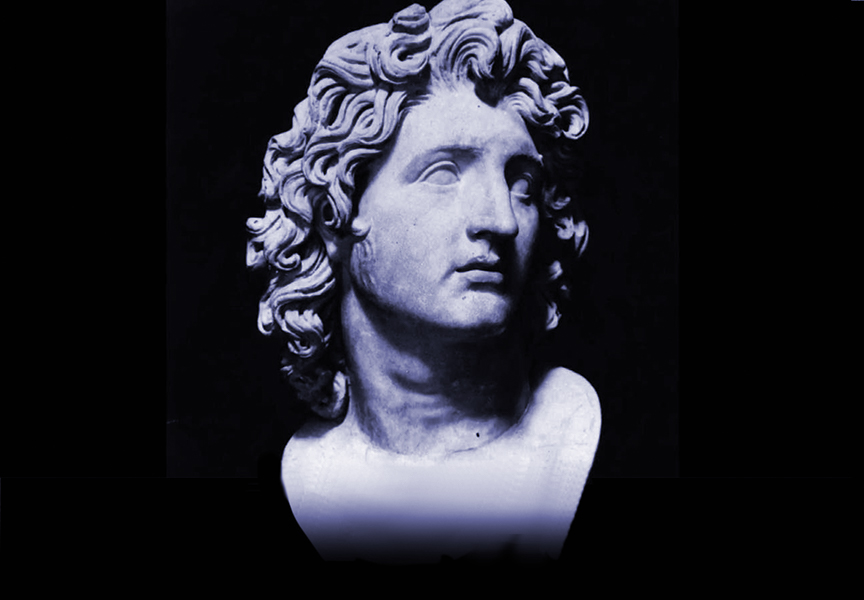
This week we’re talking about that fellow you might have heard of—you know, Phil’s kid. Alexander III of Makedon, otherwise known as Alexander the Great. Does he measure up to his reputation? Does he deserve it, and how much of the credit goes to him and how much to his dad?
What do you think was his true goal in the east? What do you think he should be most known for—what strikes you as most worthy of our attention?
Was his conquest a failure because it didn’t remain unified? What are Alexander’s legacies for the world?
Also this week you’re completing your position papers. What did you learn from your research and analysis that you’d like to share with the rest of us? How has your perspective on Hellas changed or been reaffirmed as you explored your topic?
Looking forward to discussing all this with you on Tuesday for our very last class meeting. See you then!
Quiz #8 grades and markups posted
8 December 2022
The grades and markups for Quiz #8 are posted on the My Grades page on the course website. I strongly recommend spending a moment to take a look at my commentary on the quiz, as I use these to emphasize the key take-aways from last week’s topics:
- The Quiz Notes for Quiz #8 are live on both the Quiz Notes page and the Print/PDF page.
- The Video Recap for Quiz #8 is live on the Videos page.
Welcome to Week 13!
5 December 2022
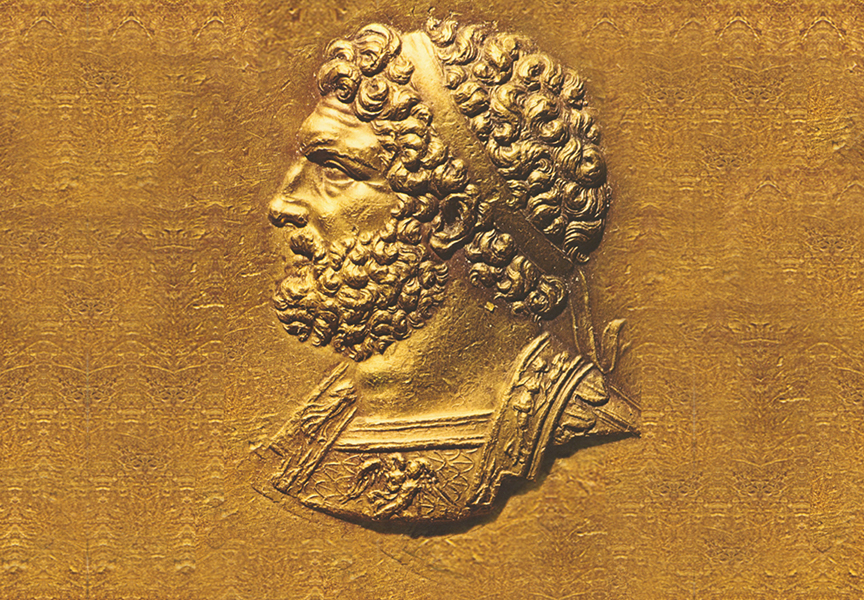
This week we’re studying the appearance of Makedon on the Aegean stage and the dramatic rise of their second-most-famous king, Philip II.
First of all, Makedon. How would you describe their relation to Hellas? Are they Greek (-ish?), or barbarians (-ish?)? What factors stand out especially to you as epitomizing or driving their culture?
Philip’s story is as fascinating for what he accomplishes in Makedon as it is for his swift and relentless absorption of Hellas. How would you describe him, as a man? As a king? Makedon’s long history before Philip is one of disunity. What do you think is most important in Philip being able to turn that disunity around and unite the Makedonians under his rule?
Finally, what do you think most enables Philip to gain control of Hellas? Is it just that the Greeks are weak, or is it the Makedonian king’s distinctive attributes and abilities?
Looking forward to discussing all of this with you. See you Tuesday!
Reviewing for the Final Exam
28 November 2022
I’ve updated the final exam page. On this page you’ll find information about the final and review materials. The exam will take place Tuesday, December 20 from 6:15 to 8:15 p.m.
The review sheet is not designed to be a list of answers so much as questions you can use to guide you toward the areas you want to focus on in your review. As you read through the questions on the review sheet, those you have a sense of how you might answer are lower priority for review than those questions you’re not sure how you would answer; those you’d then want to go back and spend some time reviewing in your notes, the readings, the videos, quiz notes, and class discussions.
Also note that the terms are a useful way of finding concepts you need to go back and review, so I’d advise stepping through the terms at the end of each topic and making sure you have a sense of what they mean and why we’re studying them.
To prepare for the essays, I suggest that you focus on what you would consider to be four or five of the major themes of this course, and think about possible questions that relate to those topics across the periods and transitions we’ve explored. For the essay you’ll be asked to give three examples, so you can sketch out a question about a recurring topic in the course, your perspective on that question, and three similar or contrasting examples of that demonstrate that perspective.
Please take a look at the review sheet for details on the exam’s content and structure. Once you’ve read through the review sheet, if you have any questions about the exam or about any of the topics covered in it, please don’t hesitate to come to me or bring them up in our next class.
To get to the final exam page, click on “Exam” in the navigation index, or follow the link to the “Final Exam page” below.
Notes and reminders about the Position Paper (due Monday, December 12)
28 November 2022
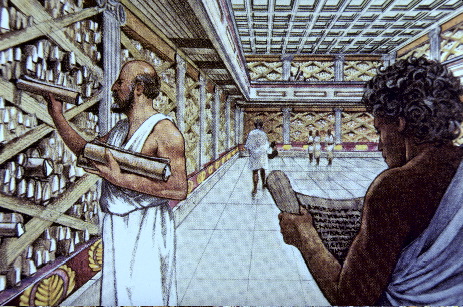
Here are a few brief reminders about the Position Paper, which is due very soon on Monday, December 12.
Watch the video. Make sure to watch the overview video, since that tells you exactly what I am looking for. It’s on the Position Paper page.
Thesis statement. Make sure you have an introduction with a thesis statement (your argument asserting your position on the question/problem being addressed) and a body that described and discusses three examples from the sources supporting your thesis statement. For models and explanations on how to do this, see “Writing a Position Paper” (a.k.a. “The Elephant Pamphlet”), which is on the Resources page.
Sources.
- You must use at least three sources, which can be primary or secondary; tertiary sources (including textbooks and most web pages) are not allowed. See the Sources page in the Research and Citations Center for more.
- All assertions must be supported by evidence.
Requirements for all papers. You must adhere to the requirements for all papers (listed on the Essay Musts page). Not meeting the requirements for all papers will mean a lower grade.
Template. There is an MS Word template already set up with some of the formatting I require on the Resources page. If you use Word I strongly recommend making use of this template. There is also a Google Docs template.
Late papers. As per the syllabus, late papers are marked down by ten points per class meeting, up to a cap of thirty points. Avoid this penalty and block out the time you need to prepare, write, and review your paper so that it can be submitted on time.
BlackBoard. All essays are uploaded to BlackBoard. Look for “Upload Assignments Here” in the left-hand menu. Your essay needs to be uploaded as a Word (preferred) or PDF file attachment, not pasted in as text submission. If you use a browser-based word processor, download or export to a Word document and upload that.
I’m happy to discuss any aspects of your sources or the paper, so please come to me if there’s anything you’re not sure about. I’m looking forward to hearing your interpretations of your chosen depictions of ancient Hellas!
Welcome to Week 12!
28 November 2022
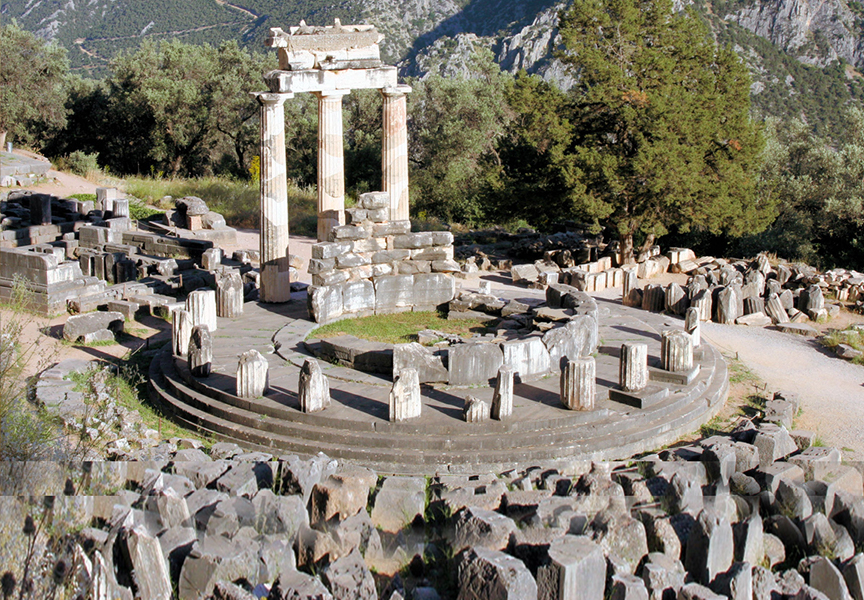
This week we’re taking about the Fourth Century Crisis. The basic question is, Why can’t the Greeks stop fighting each other? What’s driving these poleis into conflict? How have their motivations changed since the fifth century? Is this the same war all over again, or is this something new? How do you think the Greeks are looking at Persia during this period?
Why is the so-called Second Athenian Empire so different from the Delian League/Athenian Empire of the fifth century? Why is Corinth so involved now when it stepped back from the Peloponnesian Wars it helped instigate?
How is new player Thebes different from the others, or is it just like them? Are they able to defeat the Spartans because of Theban strength or Spartan weakness?
If you think the wars are overemphasized, what strikes you as most interesting about what’s going on in Hellas during the fourth century apart from the wars? As radical democracy becomes systematized and a matter of routine, how well does it seem to actually work? What stands out to you among the features of Athenian law and government discussed in this week’s readings?
Quiz #7 grades and markups posted
24 November 2022
The grades and markups for Quiz #7 are posted on the My Grades page on the course website. I strongly recommend spending a moment to take a look at my commentary on the quiz, as I use these to emphasize the key take-aways from last week’s topics:
- The Quiz Notes for Quiz #7 are live on both the Quiz Notes page and the Print/PDF page.
- The Video Recap for Quiz #7 is live on the Videos page.
Welcome to Week 11!
21 November 2022

Please note: Owing to last week’s meeting being canceled, we’ll be discussing the Peloponnesian War this week. See the revised schedule on the schedule page.
Here it is, the big war. With the Peloponnesian Wars, the Greeks are fighting each other in a massive, generation-long slog unlike anything the ancient war has seen. Why? Why are they fighting, and why does it last for decade after decade? Can we blame a particular city for this? What is this war really about?
Which leaders stand out the most to you? Are Perikles, Archidamus, Kleon, Brasidas, Nikias, Alkibiades, and the like important to the shape of this war, or are they perhaps representative of the key issues within Sparta and Athens?
Why do you think the war turns out the way it does? Did Sparta win this war, or did Athens lose it?
Looking forward to discussing all of this with you. See you on Tuesday!
Revised schedule
19 November 2022
As promised, I have updated the course schedule to adjust for the loss of our November 15 meeting. Both the schedule page on the website and the PDF version have been updated to reflect the revised reading assignments. The short version is that what we would have discussed on the 15th will instead be covered on the 22nd, and so on down to our last meeting on the 13th.
The dates for the remaining presentations have also been pushed back a week, and the sign-up page now reflects the new dates. Anyone presenting in November 15 will now present on the 22nd, and so on. Please check the sign-up page to confirm your new presentation dates.
Honestly, I know there are a lot of moving parts that determine anyone’s ability to make it to a class meeting on time, or at all. The problem is that this material needs to be discussed. That’s where the insights and understanding come from—the readings are just the starting point and the foundation. The things you’ll be writing about in your final exam and in your position paper are the interpretations and key ideas that come to the fore in our class meetings, and the more of us involved in that the more effective the discussion. That’s why the class meetings are required.
I ask and expect that all students attend all our remaining class meetings, as a gesture of respect to me, to the material, and to your fellow students.
Proposal responses posted
15 November 2022
The proposal responses are posted on the grading page. I am very sorry for my tardiness in completing this work. Let me know if you would like the response PDF emailed to you directly.
I am happy to discuss your research options and how you approach your arguments further in office hours or via email. I’m really looking forward to these papers; there are some strong topics with lots of possibilities, and I’m going to enjoy exploring them with you in your finished submissions.
Links: Here are a few links you might find useful:
- Online Ancient Texts and Translations: Links to online ancient texts in translation.
- Leonard Lief Library: CUNY OneSearch access. Do your search and then filter for Full-Text Online and Peer Reviewed Journals. You can also filter Resouce Type to Articles, Books, and Book Chapters.
- Attalus Index of Names: enter a name and matching names will appear, with ancient textual references to that person organized chronologically by event and linked to the actual ancient texts.
- LacusCurtius: Into the Roman World: One of the best archives of ancient Roman texts in English translation.
- WorldCat: Bibliographic info on practically any book.
Important reminder about sources: You may use only primary and secondary sources for this paper. You need 3 sources minimum; the mix of primary/secondary will depend on the topic. The textbook (Pomeroy) is a tertiary source and cannot be used. The excerpts from the Reader are primary sources, but you should find the original texts rather than using these edited excerpts.
Quiz #6 grades and markups posted
14 November 2022
The grades and markups for Quiz #6 are posted on the My Grades page on the course website. I strongly recommend spending a moment to take a look at my commentary on the quiz, as I use these to emphasize the key take-aways from last week’s topics:
- The Quiz Notes for Quiz #6 are live on both the Quiz Notes page and the Print/PDF page.
- The Video Recap for Quiz #6 is live on the Videos page.
Quiz #5 grades and markups posted
14 November 2022
The grades and markups for Quiz #5 are posted on the My Grades page on the course website. I strongly recommend spending a moment to take a look at my commentary on the quiz, as I use these to emphasize the key take-aways from last week’s topics:
- The Quiz Notes for Quiz #5 are live on both the Quiz Notes page and the Print/PDF page.
- The Video Recap for Quiz #5 is live on the Videos page.
Welcome to Week 10!
14 November 2022

Here it is, the big war. With the Peloponnesian Wars, the Greeks are fighting each other in a massive, generation-long slog unlike anything the ancient war has seen. Why? Why are they fighting, and why does it last for decade after decade? Can we blame a particular city for this? What is this war really about?
Which leaders stand out the most to you? Are Perikles, Archidamus, Kleon, Brasidas, Nikias, Alkibiades, and the like important to the shape of this war, or are they perhaps representative of the key issues within Sparta and Athens?
Why do you think the war turns out the way it does? Did Sparta win this war, or did Athens lose it?
Looking forward to discussing all of this with you. See you on Tuesday!
Notes and reminders about the Clouds essay (due November 21)
7 November 2022
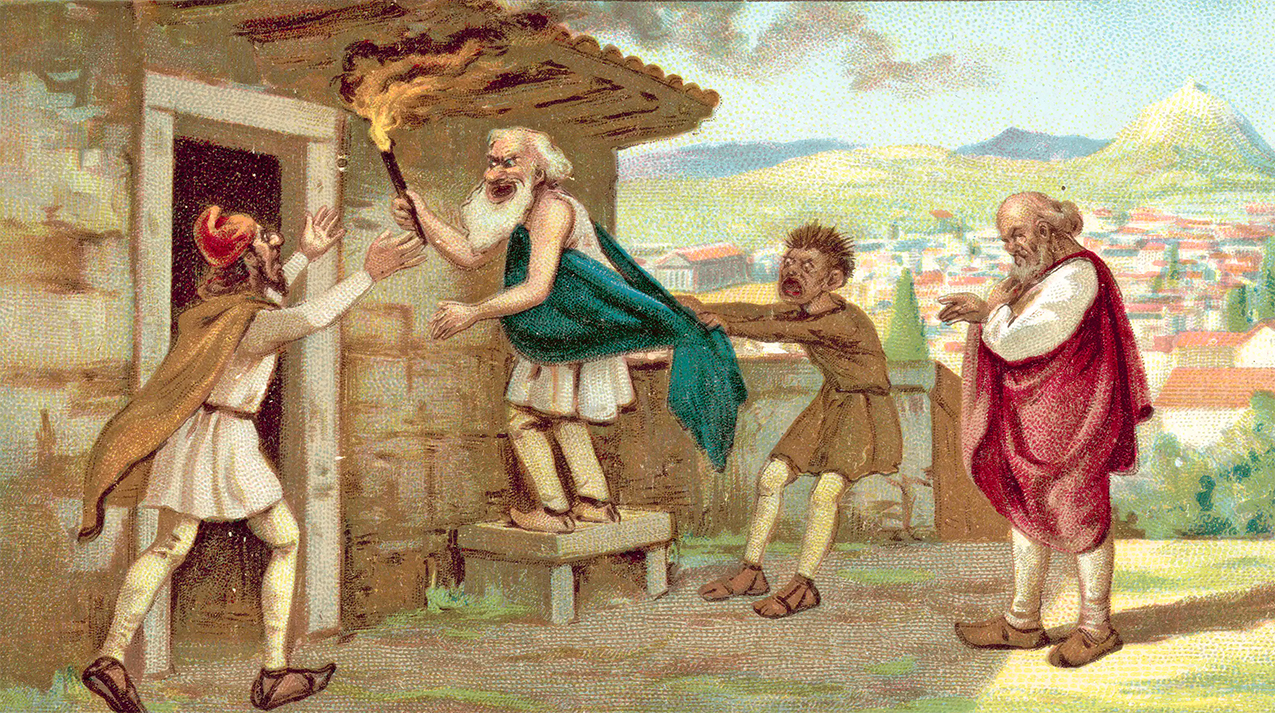
Here are a few reminders on the Clouds essay, which is due on Monday, November 21. Mostly this a repeat of what I have said before, but please read it anyway. Once again, the starting point I’d like you to bear in mind in that this essay is about making an argument and supporting that argument with evidence—in this case, three specific moments from Clouds that demonstrate an illustrate the argument you are making in the essay about what Clouds tells us about fifth-century Athens.
Comparing two works. Regarding Clouds, it’s important to bear in mind that this essay introduces a new wrinkle not present for the Gilgamesh essay: you need to compare Clouds to another ancient Greek work. Which one depends on which prompt you are answering—make sure to watch the Clouds essay overview video for my discussion of this aspect of the assignment. The essay overview video is very important this time. Watch the essay overview video, is what I’m saying. I would also suggest that you watch the overview video. This also means that you need to carve out time to read the other work as well as to plan and write the essay. Email me anytime if you want to discuss how to approach the essay.
The thing that’s similar is that for the Clouds essay you don’t need anything else but the two primary sources. Your essay should focus on three moments from Clouds, and compare each of those moments with a corresponding moment from the other work. More on that in the overview video.
Introduction. In your introduction, make sure you have a clear thesis statement—what you intend to show in the paper. Try to develop a concrete, specific thesis statement that lines up with and responds directly to one of the prompts. You don’t need to include evidence in your introduction; ideally all you need is to set up the issue you are addressing, what the possible sides are, and your thesis. I talk about this a bit in the Overview Video for the essay, and more generally in the Elephant Pamphlet (see the Resources page).
The body of the essay. In the main body of your essay, focus on three specific moments from Clouds that support your thesis. Describe the moment in a paragraph and then spend another paragraph talking about how that moment serves as an example of your overall argument—what you are trying to prove about what Clouds tells us.
Evidence and cites. Major rule of thumb for writing about history (and for academic work in general, but especially history): All assertions must be supported by evidence, and all evidence must be cited. When you describe events from Clouds and the other work (whether it’s in quotes, a paraphrase, or just describing specific ideas present in the story), you need to provide a citation—a footnote or parenthetical cite that gives your source (the book version of Clouds and the other work you are using) plus a page number. You also need a bibliography listing the versions used of both works. See the citations handout linked on the Resources page. Citations and bibliographies are also discussed more fully in the Elephant Pamphlet.
Requirements for all papers. Make sure to fully review the requirements for all papers (on the Essay Musts page of the course website) before completing and uploading your essay. Also review the prompt for the Essay you’ve chosen to make sure you answered what it’s looking for.
Any questions at all, please come to me. Based on our in-class discussions I’m really looking forward to hearing your insights on Clouds and what it has to tell us about fifth-century Athens.
Welcome to Week 9!
7 November 2022
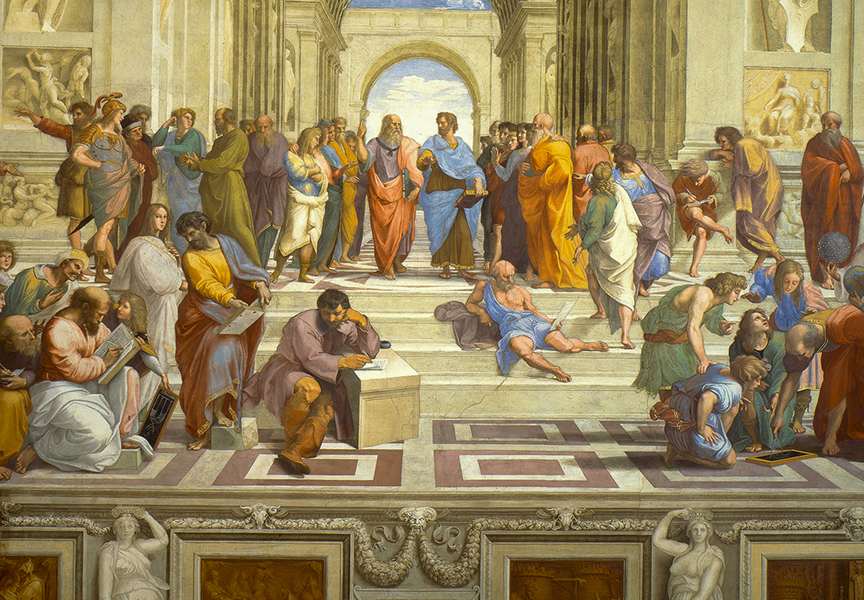
This week we’re exploring the city of Athens itself, and we’re also looking at the very thing we’re engaged in thanks in part to the Greeks—education, both formal and communal. How do you think the Athenians thought about education and the role it played? How does sophistry—the ability to argue successfully regardless of truth or merit—become a thing in Athens, which is otherwise so devoted to the cultural ideal? Why can’t anyone agree on right and wrong?
And in connection with that topic: what I most want to do is hash out what you guys think of Clouds now that we’re finishing it. There are some very striking scenes toward the end. What was most shocking or impactful for you—the debate where Unjust Argument wins (and: why does he win?); Pheidippides attacking his father; or Strepsiades abandoning rational discourse and taking up a torch? What is this play about? What is Aristophanes telling us by having Strepsiades twist around so much? What do you think the play is telling us about classical Athens beyond what Aristophanes intended?
Looking forward to discussing all of this with you on Tuesday. See you then!
Representations and Images Essay grades and markups posted
1 November 2022
The grades and markups for the Representations and Images Essay are posted on the My Grades page on the course website.
If you have any questions about the grades, comments, or deductions, please don’t hesitate to seek me out by email.
Reversible deductions. Some of you may find that you received “reversible deductions” for issues relating to formatting and citations. The good news is, those are points that you can get back. Check the cover page of your markup to see if there are any check marks and points taken off next to the reversible deductions. If there are, I made notes on the cover sheet or in the essay about the issue, and included a handout with the requirements.
Please resubmit your essay to BlackBoard with those problems fixed, and I’ll be in a position to reverse those deductions. Only reversible deductions can be reversed, so don’t resubmit for anything other than reversible deductions.
Missing essays. If you have not gotten your paper in, please do so as soon as you can. In terms of your course grade you’re better off with any grade, even with a lateness penalty, than a zero for the assignment. Remember also that the lateness penalty is capped at a maximum of 30 points, so turning your paper in, even very late, is better than not doing so.
Quiz #4 grades and markups posted
31 October 2022
The grades and markups for Quiz #4 are posted on the My Grades page on the course website. I strongly recommend spending a moment to take a look at my commentary on the quiz, as I use these to emphasize the key take-aways from last week’s topics:
- The Quiz Notes for Quiz #4 are live on both the Quiz Notes page and the Print/PDF page.
- The Video Recap for Quiz #4 is live on the Videos page.
Quiz #3 grades and markups posted
31 October 2022
The grades and markups for Quiz #3 are posted on the My Grades page on the course website. I strongly recommend spending a moment to take a look at my commentary on the quiz, as I use these to emphasize the key take-aways from last week’s topics:
- The Quiz Notes for Quiz #3 are live on both the Quiz Notes page and the Print/PDF page.
- The Video Recap for Quiz #3 is live on the Videos page.
Welcome to Week 8!
31 October 2022
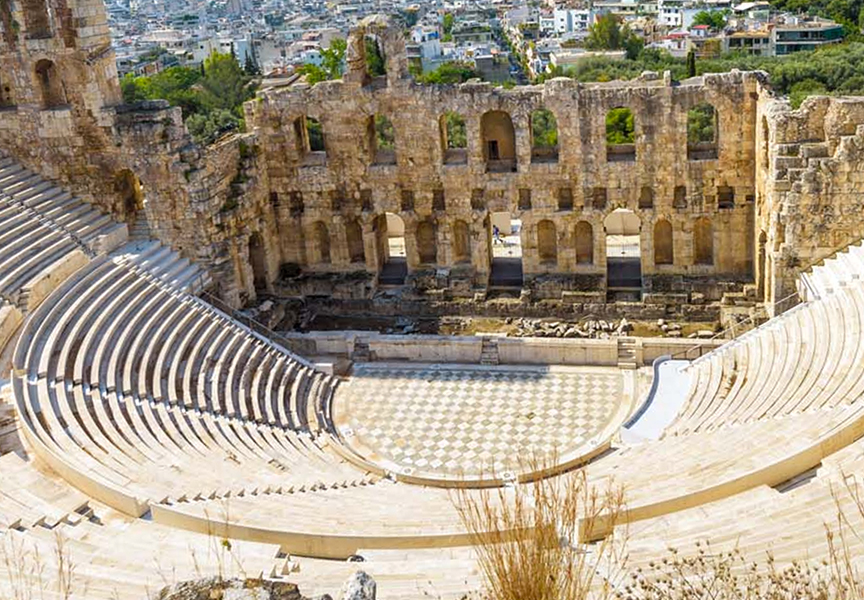
This week we’re exploring the wild ferment that is classical Athenian culture, spanning everything from political innovation to theater and visual art to oratory, philosophy, and natural science. Where does this explosion of cultural expression come from? What drives the Athenians not only to develop new forms like tragedy and comedy, but make then absolutely central to their culture? What is all of this about, to the Athenians?
Not only is all of this cultural combustion happening at the same time during the fifth century, but it’s happening alongside the worst wars in Greek history. Is there a connection? How do the extremes of war relate to the pursuit of extreme cultural expression?
As historians (and in this course we are all historians) we should naturally pay close attention to the “invention” of historical writing, attributed both to Herodotos and to Thukydides. How different are they in terms of method and intent? Are their approaches conflicting or complementary, do you think? What do you recognize in the way they write about the past, compared to how we do it now?
This week we’re also shifting from our Reader excerpts to the exploration of an entire play, Aristophanes’s comedy Clouds. It’s ribald, it’s provocative, and most of all it’s a call to arms. Why do you think the protagonist of this play a confused old man? How does the playwright see the head of the Thinkery, the character called “Socrates”? What elements do you see in this first part that signpost what Aristophanes is trying to accomplish here?
Looking forward to discussing all of this with you. See you Tuesday!
Welcome to Week 7!
24 October 2022
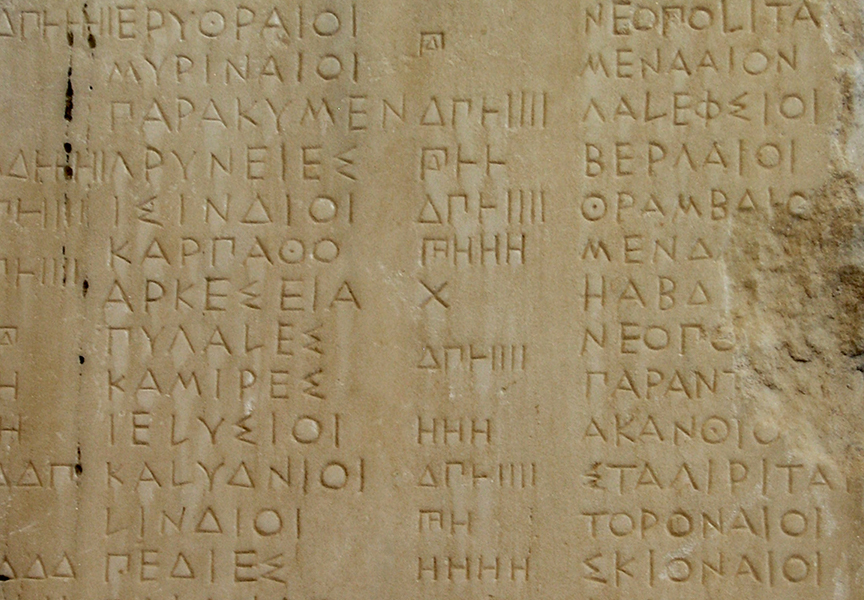
This week we’re continuing our discussion of the Persian Wars and the long shadow they cast over the story of Hellas.
There are a lot of what-ifs about the Persian Wars. What drove the Persians to invade the Aegean—and to keep doing it after the death of Darius and the shocking failure at Marathon? Would it have happened anyway if there hadn’t been an Ionian Rebellion? How could the Persians possibly lose this war?
Likewise, the aftermath. In the end the Greeks worked tother to fight off the Persians, so why Hellas so divided afterwards? Did the Persian Wars being about the friction of the following years, or was it there the whole time? And when it comes to their relations with the rest of the Greeks, why did the Spartans and the Athenians turn into such jerks? Was the Delian League racket to increase Athenian power or a real effort to advance a shared Greek culture and economy? (Or both?)
Looking forward to discussing all this with you. See you Tuesday!
Welcome to Week 6!
17 October 2022
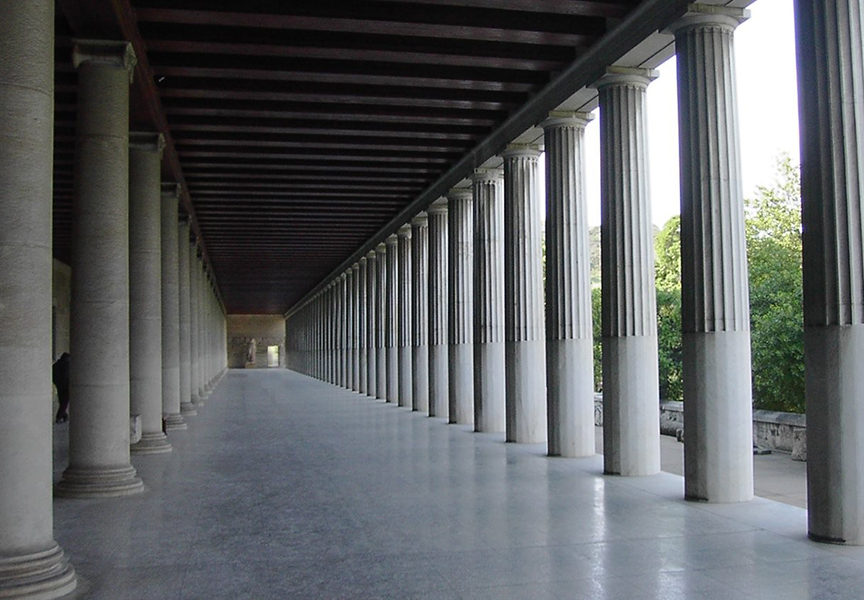
Lots to talk about this week. We’re covering the foundations of Athenian society. Culturally, Athens is the most important of the Greek poleis—just ask them!—but their story is like a fever dream, starting out as a tightly-managed oligarchy of a few privileged families and ending as Hellas’s only radical democracy.
Why do you think Athens was so volatile? What is it about Athens that made them become so aggressive in seeking cultural dominance? What do you think drove them in the direction of democracy? And: Was democracy good for the Athenians? What do you think were the biggest downsides to democracy as practiced by the Athenians?
Looking forward to discussing all this with you. See you Tuesday!
Welcome to Week 5!
9 October 2022
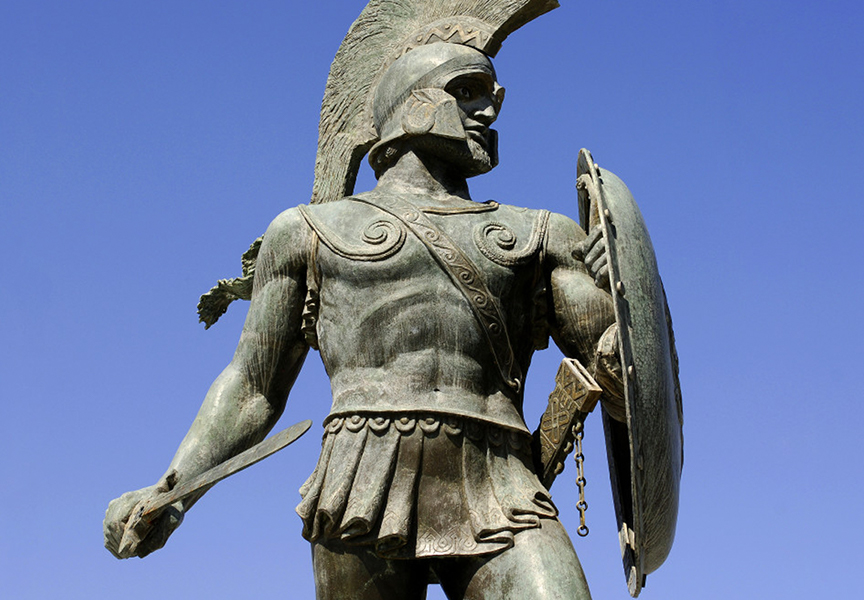
This week we’re talking about Sparta and the art of war. What do you think goes into making the Spartans like this—so different, so focused on being warriors? What does being a warrior society mean to them? Why aren’t more poleis like this, especially given the other cities are so impressed by the Spartans’ dedication?
Is the Spartan experiment a success, in Greek terms? What are the most positive aspects of the Spartan society in terms of the well-being of its citizens? What are the biggest drawbacks of the Spartan system?
A lot is made of the distinctive situation for women in the Spartan culture. How do the Spartan women view their society, do you think?
And there’s this thing called the “Spartan Mirage.” What do you think that’s really about—for Greeks living in the same time as the Spartans, and for modern historians as well?
Looking forward to discussing all of this with you. See you on Tuesday!
Reminder: The Proposal is due Monday, October 24
8 October 2022
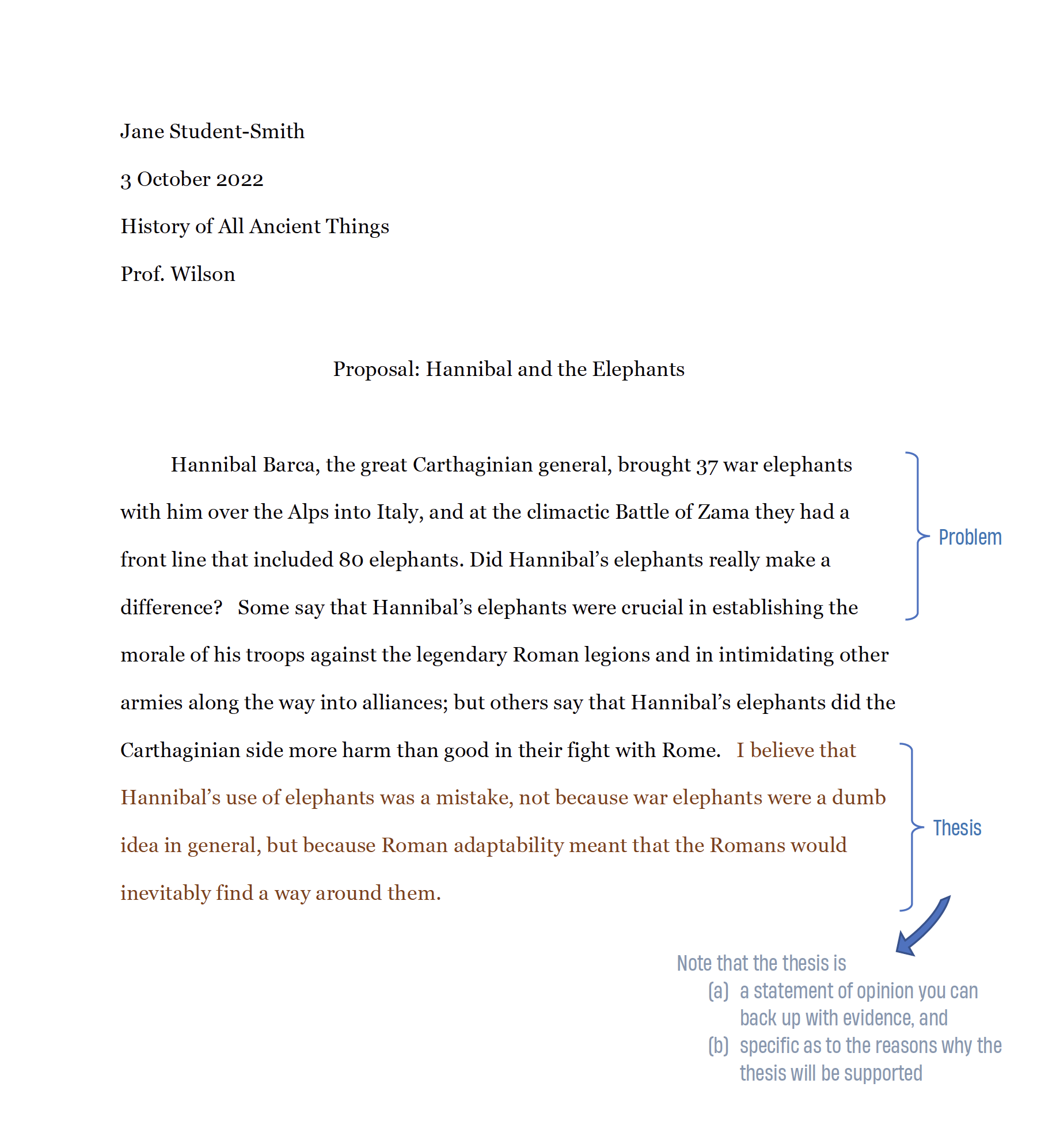
Here are a few brief reminders about the proposal, which is due very soon on Monday, October 24.
I’m looking for: a problem that can be argued; your proposed thesis; and any other thoughts about what you might want to explore or how you think you might go about supporting your argument in the position paper itself. I’ll give feedback on topic viability, scope, and possible primary and secondary sources.
There is also a video on the course website (see the Essays page or the Videos page) that details exactly what I’m looking for. A sample is also posted on the proposal page. I’m happy to discuss possible ideas and approaches in office hours, after class, or by email.
Here’s what the syllabus has for the proposal assignment.
The assignment: The proposal is just a brief one-page preview of your position paper. It should include:
- The topic you think you’ll want to write about and the problem you’re interested in addressing. You should be able to delineate the problem by describing the opposing views people might take. To make sure you have two clear opposing opinions, you might want to express them in the form “Some say… . Others say….”
- Your preliminary thesis statement—in other words, what you think you might be arguing in your paper.
- Your thesis statement, both here and in the final paper, should be a statement of opinion that someone could disagree with. It can take the form of following up the description of the opposing opinions with your own: “I believe….”
- Remember that your thesis is provisional. You can change anything about your approach and interpretation after the proposal; in fact, uncovering information as you do your research makes refining or changing your initial assessments very likely.
Your proposal is structured like the introduction to your final paper, and may serve as the basis for it.
The proposal is not graded, but whether you submitted a proposal on time will be factored into the final grade for the position paper. I will give you feedback on things like the feasibility of researching your topic, whether the scope is too big or too narrow for a paper like this, and some possible sources you might want to look at.
No meeting this week, Part Beta
3 October 2022
See you on October 11!
Quiz #2 grades and markups posted
29 September 2022
The grades and markups for Quiz #2 are posted on the My Grades page on the course website. I strongly recommend spending a moment to take a look at my commentary on the quiz, as I use these to emphasize the key take-aways from last week’s topics:
- The Quiz Notes for Quiz #2 are live on both the Quiz Notes page and the Print/PDF page.
- The Video Recap for Quiz #2 is live on the Videos page.
No meeting this week
26 September 2022
See you on October 11!
Navigating the course website
21 September 2022
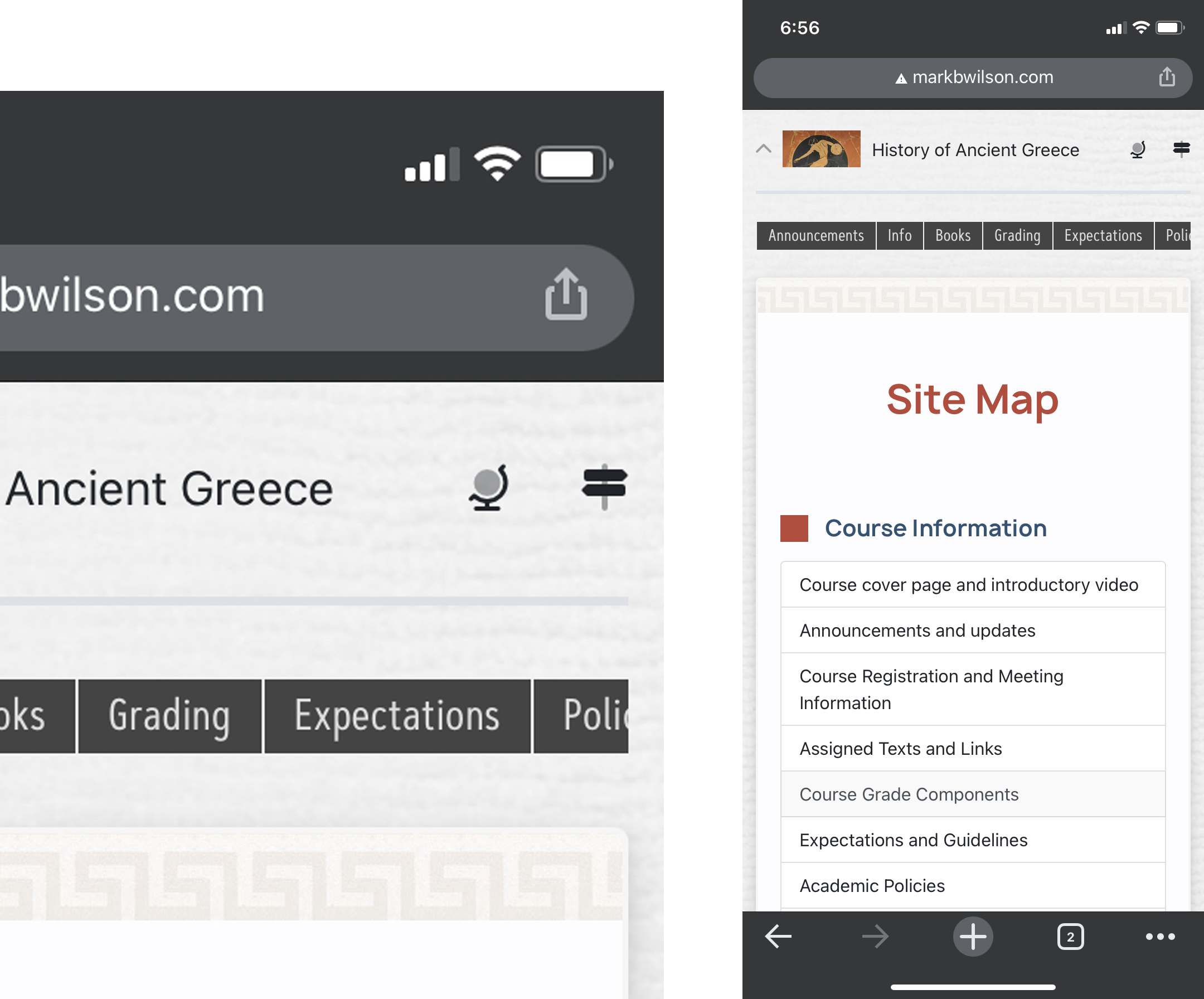
If you’re using the course website on smaller screens, like phones or tablets, you might find the site map a useful way to find the page you need.
The site map icon (which looks like a post with two directional placards on it) is at the top of every page. Tap that and you’ll have a list of all the key pages of the site to scroll through.
In addition, as you may have noticed, that navigation bar—the block of page names at the top of each page—scrolls left and right on smaller screens. If the page you need is out of view, slide the navigation bar left or right.
Remember also that if you want to review any part of the syllabus in a traditional paper format, any page with its own PDF version will also have a printer icon at the top right. All available PDFs are posted on the Print/PDF page.
If you experience any issues with the site, let me know and I’ll do my best to fix them promptly.
Reminder: The Images Essay is due Monday, October 10
19 September 2022
Here are a few brief reminders about the Images essay, which is due very soon on Monday, October 10.
- Watch the video. Make sure to watch the overview video, since that tells you exactly what I am looking for. It’s on the Images Essay page.
- Thesis statement. Make sure you have an introduction with a thesis statement (your argument asserting your position on the question/problem being addressed) and a body that described and discusses three examples from the sources supporting your thesis statement. For models and explanations on how to do this, see “Writing a Position Paper” (a.k.a. “The Elephant Pamphlet”), which is on the Resources page.
- Sources.
- For the museum option, if you can go to a museum in person and view the works directly that is what I strongly prefer, as this option is about your subjective reactions to experiencing the works you are writing about. Remember to choose two works that have the same subject (two little girls, two warriors, two Athenas) but from different times or places so you can talk about the implications of how the same concept was conveyed differently in different times or places.
- For the film option, you need to write about the agenda of the filmmakers and the agenda of the authors of the primary source and how each is using an ancient culture to impress their own beliefs (the filmmakers’ and the authors’) on the audience. If you’re not sure about the primary sources for the film you chose, make sure to come to me and we’ll discuss.
- Requirements for all papers. You must adhere to the requirements for all papers (listed on the Essay Musts page). Not meeting the requirements for all papers will mean a lower grade.
- Template. There is an MS Word template already set up with some of the formatting I require on the Resources page. If you use Word I strongly recommend making use of this template. There is one for Google Docs as well.
- Late papers. As per the syllabus, late papers are marked down by ten points per class meeting, up to a cap of thirty points. Avoid this penalty and block out the time you need to prepare, write, and review your essay so that it can be submitted on time.
- BlackBoard. All essays are uploaded to BlackBoard. Look for “Upload Assignments Here” in the left-hand menu. Your essay needs to be uploaded as a Word (preferred) or PDF file attachment, not pasted in as text submission. If you use a browser-based word processor, you’ll need to download or export to a Word document and upload that.
I’m happy to discuss any aspects of your sources or the essay, so please come to me if there’s anything you’re not sure about. I’m looking forward to hearing your interpretations of your chosen depictions of the ancient world!
Welcome to Week 4!
19 September 2022
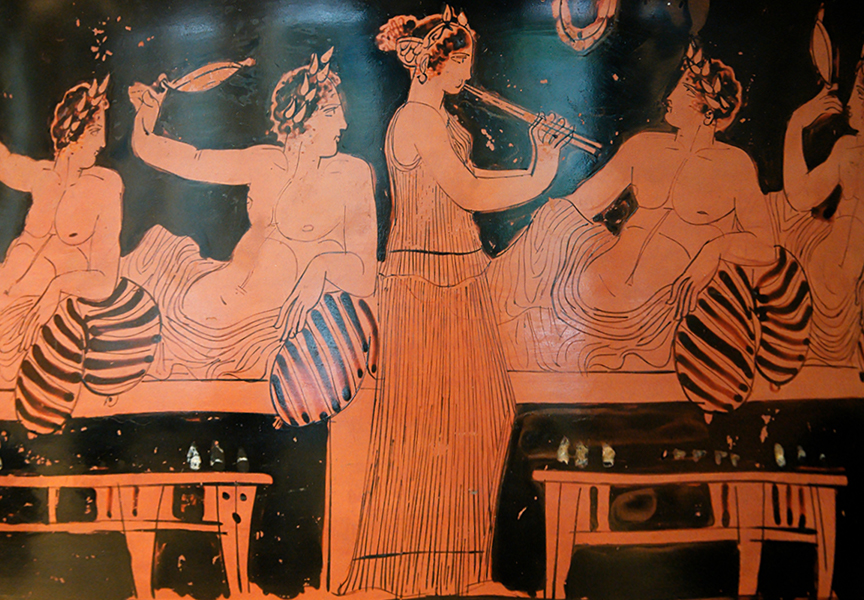
This week we’re talking about the period after the so-called Greek Dark Age, when from our perspective Hellas can be heard and seen again, with the foundations of Greek culture already laid down in the previous, unseen centuries.
This is the time of the polis—the distinctive, kingless Greek city-state; of colonization, with Greek cities sending their people out into the Aegean, the Black Sea, and the Mediterranean; and of the hoplite warrior. Also during this time: the rise of lyric poetry, a sharp contrast to the epic poetry of earlier times; and pan-Hellenism, the curious sense of commonality that grows among all these city-states with defiantly distinct and competitive identities. What do these cities really have in common? What does it mean to be Greek during this time, do you think? And how does that square with their bitter rivalries—not to mention reinventing war?
Two writers emerge during this period that are characteristic of the shifting Greek culture. One is Hesiod, who speaks from the point of view of the small landed farmer—unlike Homer, whose perspective was from the top of society down. What does Hesiod have to tell us about what it meant to be Greek, and is it different from the key values present in Homer’s work? The other author is Sappho, the most famous of the lyric poets. What does her poetry tell us about how Hellas is changing from the days of epic poetry told by rhapsodes?
Looking forward to discussing all this with you. See you Tuesday!
Quiz #1 grades and markups posted
15 September 2022
The grades and markups for Quiz #1 are posted on the My Grades page on the course website. I strongly recommend spending a moment to take a look at my commentary on the quiz, as I use these to emphasize the key take-aways from last week’s topics:
- The Quiz Notes for Quiz #1 are live on both the Quiz Notes page and the Print/PDF page.
- The Video Recap for Quiz #1 is live on the Videos page.
Welcome to Week 3!
12 September 2022
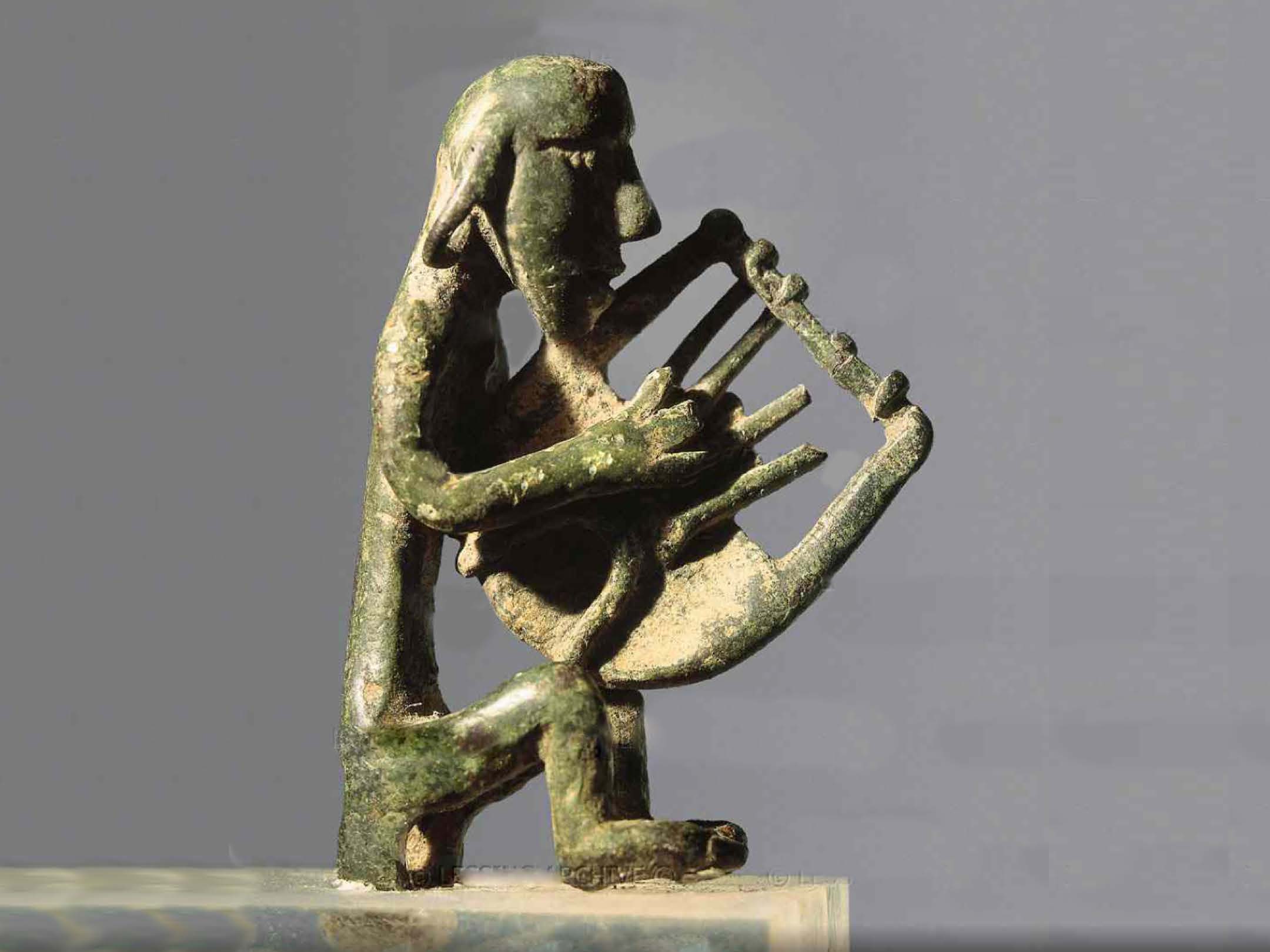
This week we’re talking about the so-called Greek Dark Age—the period during which the Greeks recovered from the collapse of the Bronze Age and built a new civilization.
The Greek Dark Age is frustrating and fascinating to historians of ancient Greece, because this period of rebirth, during which the foundations and chief elements of Hellas as we know it come into being, happens while the Greeks have no writing system and so there are no literature or records until the very end—we can’t hear them creating a new Greek society.
Our best evidence is Homer, the result of stories performed and passed down orally through these centuries and written down at the end, and we’re reading a few excerpts from Iliad and Odyssey—two works that are to become the starting point for all Greek education, both in Aegean and beyond.
From the reading and the videos, what do you think most drove the Greeks during the Dark Age? If the communities of the Aegean were so isolated and so fiercely independent, how did they end up having so much in common? How did they end up with such a clear idea of what it meant to be Greek?
I’m looking forward to discussing the readings from Homer, too. What is Homer telling us when he describes Achilles and Agamemnon decrying each other, with Briseis in the middle? What’s so significant about Patroklas’s death in Achilles’s armor? When Odysseus meets Nausicaa, what’s this story really about? Is Penelope just being a dutiful wife waiting all those years, or is there more to it, and why are the suitors shown as being so awful?
I enjoyed our discussion last week, and there’s some good stuff to discuss this week. Looking forward to discussing it all with you on Tuesday!
Welcome to Week 2!
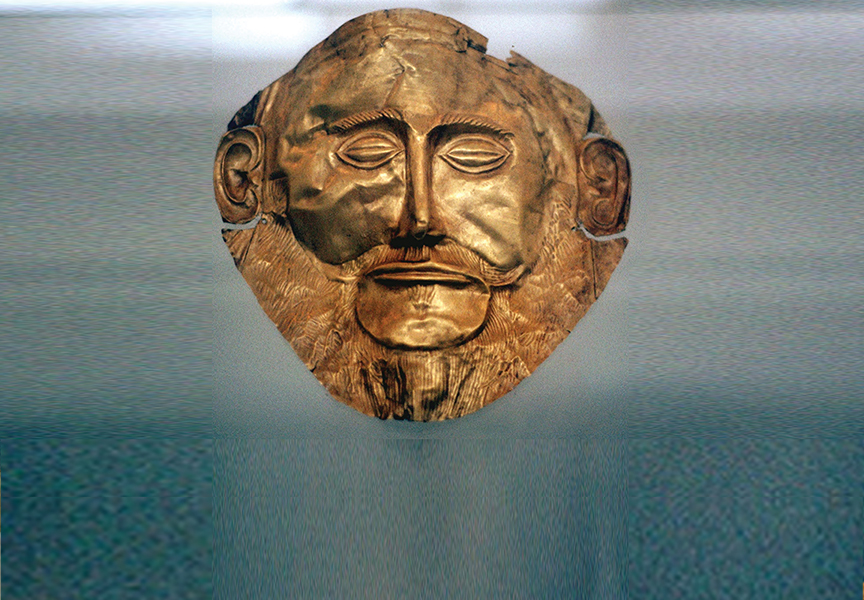
This week we’re talking about the Bronze Age Aegean: the indigenous inhabitants, especially the mysterious Minoans, and the invading Greeks, who swarm in from the north and take over the Aegean world before bringing about their own spectacular collapse, bringing down the whole Bronze Age with them.
There are a lot of things to talk about here. What strikes you as most intriguing about the Minoans—what we know of them? Why do you think the Mycenaean Greeks were so successful in surpassing them? If you were to talk about what was important to the Minoans and to the Mycenaean Greeks, what would be similar, and what would be distinctive? Were the Mycenaean Greeks their own worst enemy in too-greedily building a trade empire, or should we emphasize other factors in the great cataclysmic collapse of the Bronze Age and its civilizations?
We had a great discussion last week, and this time we have some great stuff to explore. Looking forward to discussing all of this with you. See you Tuesday!
Finally: don’t forget to sign up for your primary source presentation, if you haven’t already! To claim one of the readings for your presentation, go to the sign-up page on the course website. Email me if you have any questions about the presentation or anything else!
Welcome to Week 1!
29 August 2022
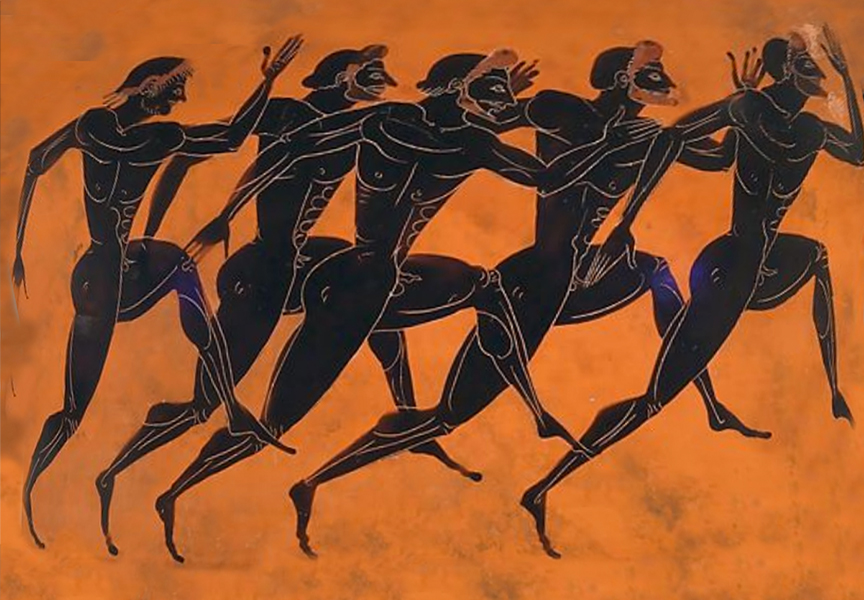
This is a quick note to welcome you all to the beginning of History of Ancient Greece! I’m looking forward to exploring the ancient Greek world with all of you, starting with our first meeting on Tuesday. The meeting is in-person, 6:00 – 8:40 p.m., in Carman 211.
Syllabus and video: As a reminder, the syllabus, assignments, and requirements are all on the course website, which is on my website, markbwilson dot com. Make sure you’ve looked through the site and that you’ve watched the welcome video, which talks about how the course works and answers some common questions.
Books: Also make sure you have the book. The Pomeroy will be getting regular use starting right away, and it shouldn’t be hard to find. The reading assignments on the Schedule page of the website are what you need to have read (and thought about) before coming to class.
Email me: Most of you replied back to the welcome-to-the-course email I sent you after you enrolled, confirming that I have a good email address for you. If you didn’t, could you do me a favor and email me now at mark.wilson@lehman.cuny.edu and let me know that I can use this address, or that that a different email is better for you? Thanks.
Sign up now for your presentation: There is a sign-up page on the course website for your primary source presentation. Everyone needs to sign up for one presentation sometime during the semester. You can get that out of the way now and choose the one that seems interesting to you. As always, I’m grateful to those who pick the earlier ones! If you have questions, we’ll talk more about presentations and the rest of the course components on Tuesday.
Campus access: You should have received the email from Rene Rotolo underlining what you need to know about campus access. The vaccination, testing, and ID rules are spelled out there, and if you’re a returning student they’re not much changed. When turning up for our class meetings it might make sense to try to arrive on campus a bit early, as there may be lines at the entrances to campus.
That’s it for now. Let me know if you have any questions. I’ll see you all on Tuesday!
Welcome to History of Ancient Greece!
1 August 2022
I’m looking forward to an interesting semester exploring the cultures and transformations of the ancient Aegean, from the Bronze Age to Alexander.
For the Fall semester, the course will be in person. Physical attendance in our class meetings is a critical part of the course, so if that’s not something you’re up for this course may not be for you.
Right now, I need you to do three things.
First, look over the course web page, which will be our base of operations. Watch the quick welcome and orientation video (also linked below). Look through each of the pages on the website to see how the course will work, and make sure to click through to the schedule page to see how the readings, videos, and online discussions are set up. Any questions about how it works, please send me an email.
Second, get the books now if you can. A lot of you will be ordering books online, and you need to make sure you have the books and are ready to go when the course starts on August 30. On the “Books” page I’ve tried to give you lots of different options for getting what you need, but consider ordering now if there’s going to be any kind of shipping involved. (If you come across a legitimate online/e-text version of one of the assigned readings that’s not already listed, please let me know.)
Finally, send me an email so that I know I have a working email address for you. You can just send a blank email, email and say “hi”, or email with a question or concern, but I want to make sure I can contact everyone. If you receive an email from me but there is an email address you prefer I use instead of this one, please definitely reply and tell me that.
Email me anytime with questions. I’m looking forward to starting our journey together.
Welcome to History of Ancient Greece!
8 June 2022
This where I’ll be posting announcements, updates, and important information for each week of the course. Bookmark this page your entry point to the course website to make sure you’re up to date.